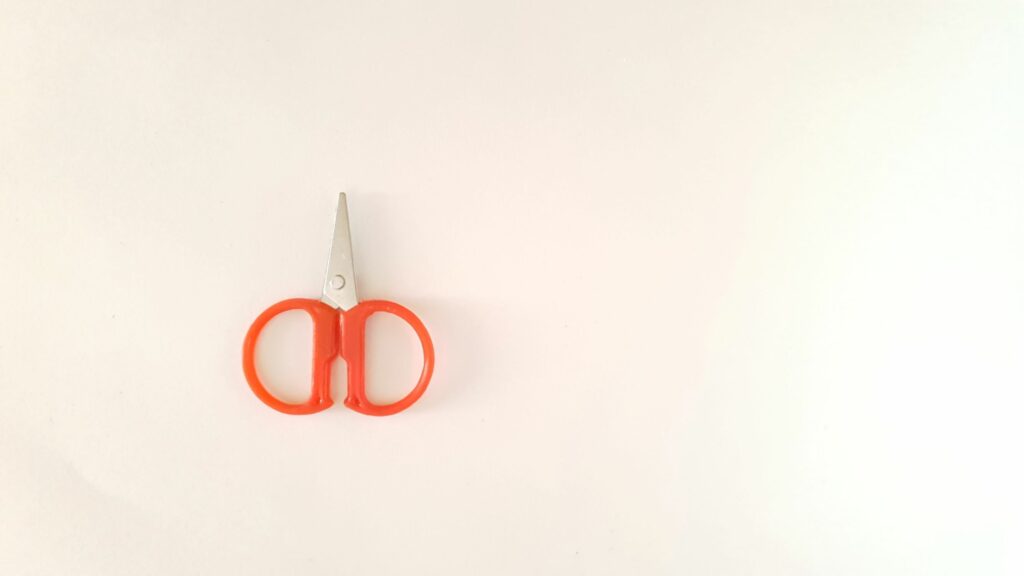National Savings & Investments has significantly cut the rates it offers to savers.
Savings analysts have long kept one eye on NS&I’s next move. The bank helps to fund the Government’s spending, so it has to balance the rates paid to savers with the cost to the Treasury.
NS&I had planned cuts earlier this year. However, they decided not to put these in place and to massively increase the amount it wanted to raise from savers from £6billion to £35billion. They did this to support savers amid the coronavirus pandemic.
However, the cuts announced today are far more brutal than those originally planned.
What has happened to Premium Bonds?
The Treasury-backed bank this morning announced that from December the odds of winning anything in the Premium Bonds draw will go from 24,500 to one to 34,500 to one, and the estimated number of total prizes won reduced by 1million.
These cuts mean that far fewer Premium Bond prizes will be won despite there being more Bonds in the draw than ever before, reversing a recent trend where NS&I has had to add the number of non-£1million prizes to keep the effective prize fund rate at 1.4%
What has happened to the other accounts?
NS&I will also cut its other market-leading accounts from 24 November. Its Income Bonds will go from paying 1.15% interest to just 0.01%. Their Direct Saver will pay just 0.15%, down from 1% now, and their Direct Isa 0.1%, down from 0.9%.
Their fixed-rate accounts will be also be cut further, as those cuts did go ahead as planned in May, but this will not affect savers until the end of their terms.
How does this affect accounts from other banks?
Smaller banks have launched best buy fixed-rate bonds and ISAs, having needed to leapfrog NS&I’s best buy rates to attract savers. while in the last week two building societies have launched easy-access accounts, albeit ones with withdrawal restrictions or bonus rates, paying more than NS&I’s Income Bonds for the first time since mid-May.
The cuts will reduce the encouragement for banks to offer higher rates.
What should I do?
We generally recommend to clients that they should only keep enough in cash deposits to cover their short-term needs and any emergencies. However, that does not automatically mean that investing anything above this is the right thing for you to do. You will need to consider your circumstances, goals and all the other aspects which could affect the decision.





